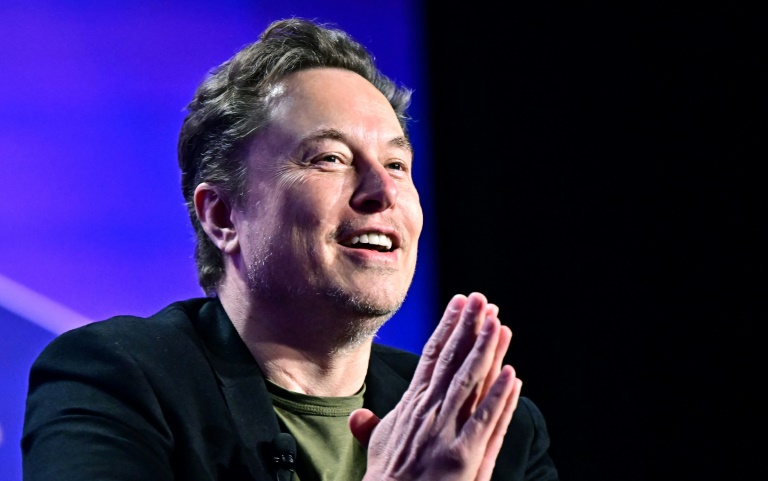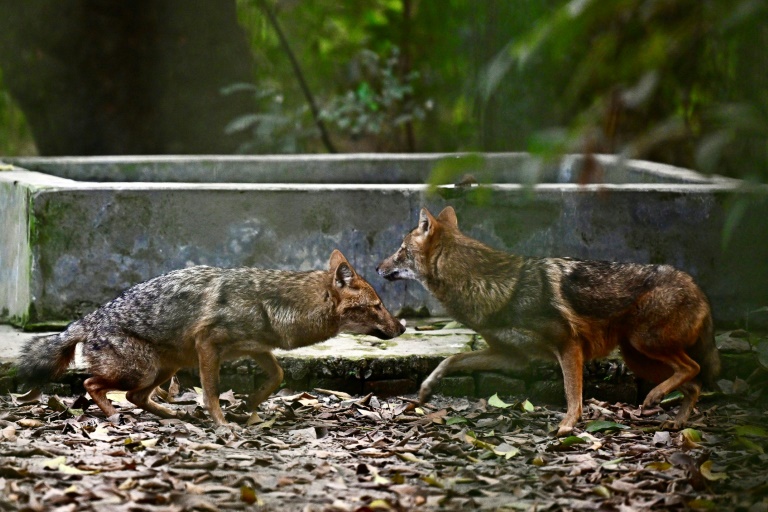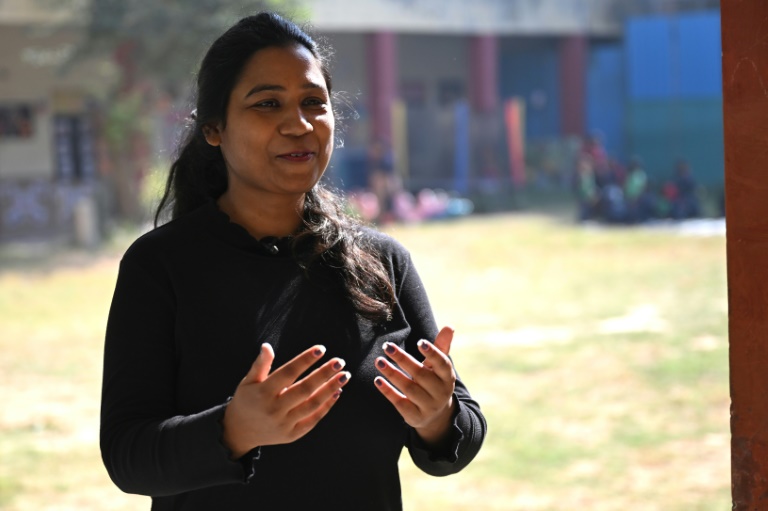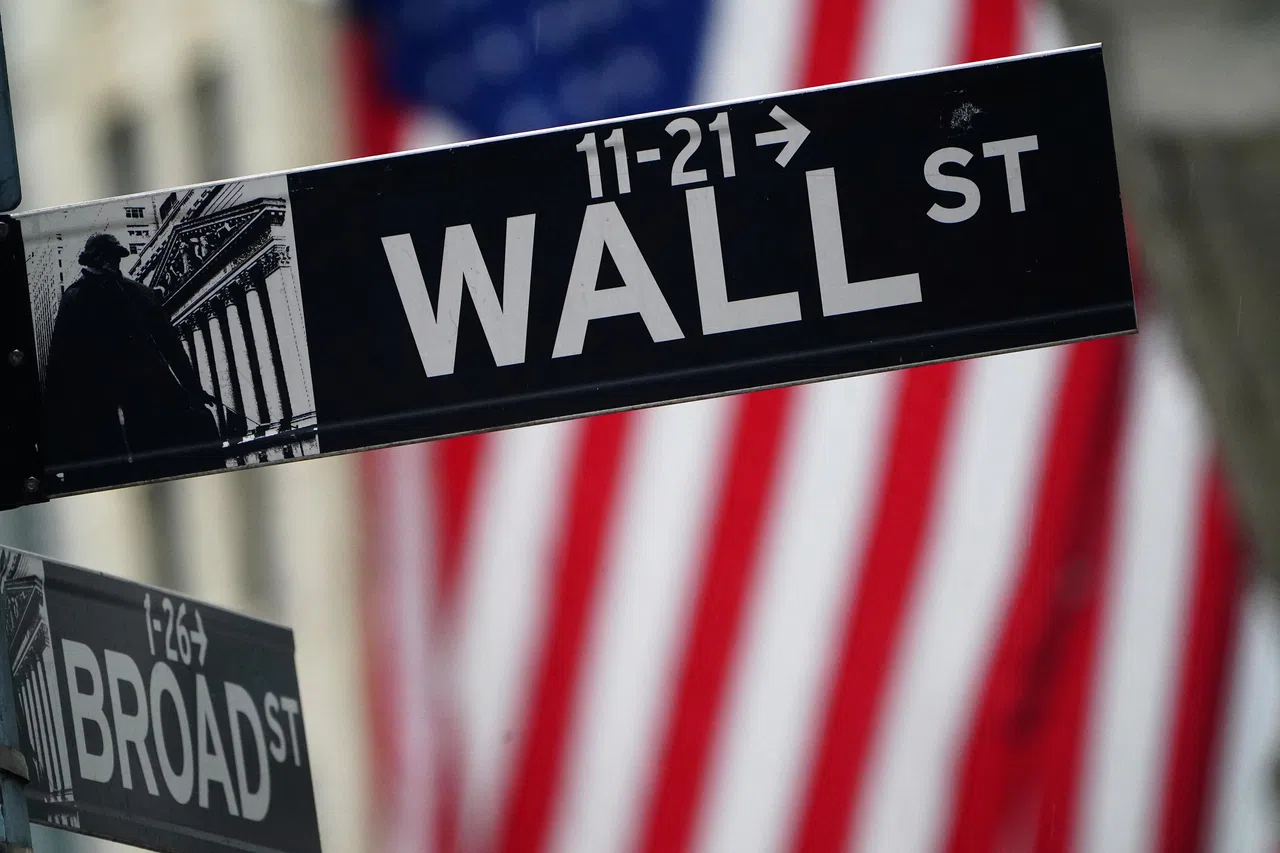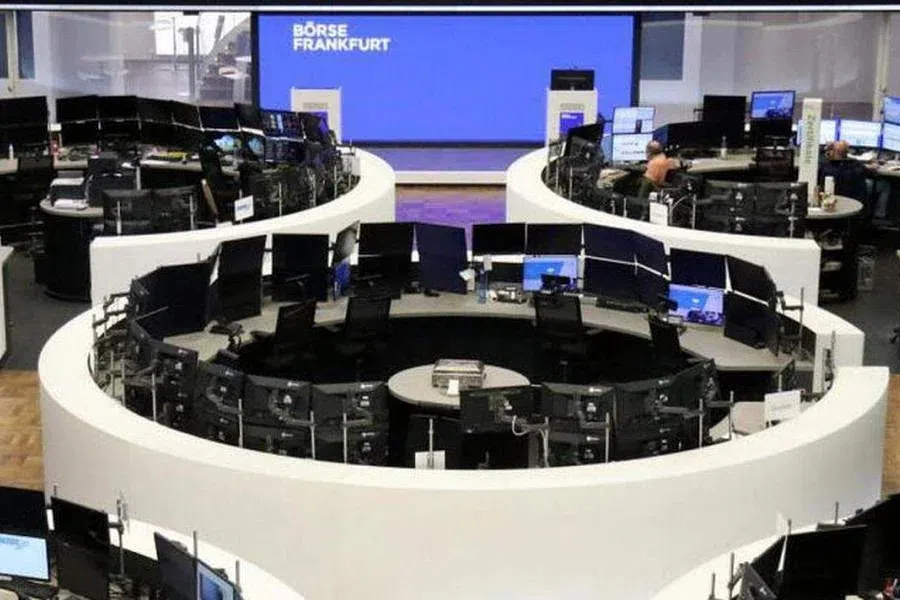Chinese consumers are now able to opt to purchase acclaimed Tesla cars since the Chinese government has welcomed their entry and placed them on its government purchase list.
The announcement was made by the state-owned media outlet Paper.cn.
A look at the purchase catalog published by the Jiangsu province government in eastern China shows that Tesla is the sole EV car brand owned by a foreign entity. Other brands on the list include state-owned SAIC and Volvo, which is owned by Geely, a Chinese company, Fortune reported.
The inclusion of Tesla on the list means that government agencies and public groups can purchase the cars and use them as service vehicles. This underscores the kind of relationship that China now has with Elon Musk’s company.
The news about Tesla being welcomed and possibly becoming a government car has stirred discussions on Chinese social media. A number of users questioned whether foreign cars should be allowed to be used by the Chinese government, reported CNN.
National Business Daily, a state-owned publication, revealed on Thursday that the Jiangsu government tried to calm such concerns and stated that the Tesla model was not imported but a “domestic car,” citing a government employee. In Shanghai, Tesla has a large factory, and in 2023 alone, it was recorded that around 947,000 cars were manufactured in China, most of which were actually used domestically. On the government purchase catalog, the Tesla Shanghai-made Model Y was listed at 249,900 yuan.
The Chinese market has become very important for Tesla, considering that more than half of the total EV sales in the world came from China. In 2023, nearly a quarter of Elon Musk’s company’s revenue was from China.
Despite this, Tesla is also facing tough competition from Chinese EV makers. In the final quarter of 2023, BYD was seen to have overtaken Tesla’s record, gaining recognition as the biggest seller of EVs in the world. However, in the first half of 2024, Tesla once more regained its position, though they remain neck and neck.
CNN tried to reach out to the Jiangsu government, but it did not return any of the calls.

